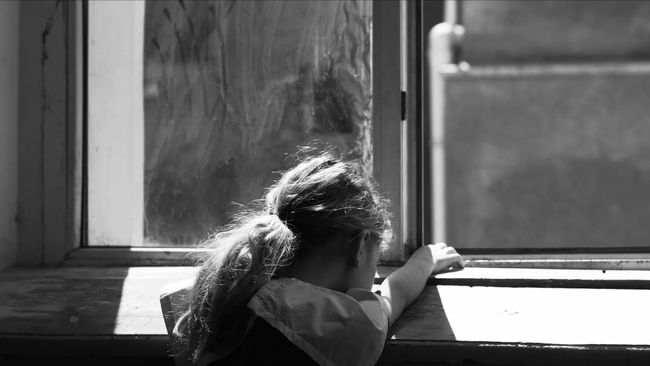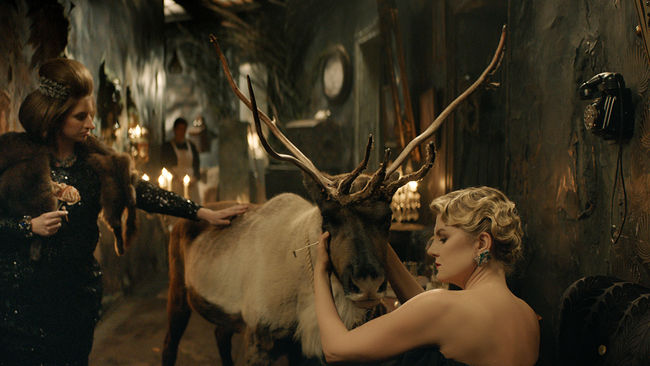I Comete − A Corsican Summer
27 January 2021
For each of the features in competition, IFFR asked a critic, writer, academic or programmer to write a short reflection in a personal capacity. The resulting series of ‘Appreciations’ aims to encourage viewers − and filmmakers − at a time when there is no physical festival. Thierry Méranger shines a light on I Comete − A Corsican Summer.
I Comete − A Corsican Summer, Pascal Tagnati's first feature film, could be a prisoner of its superb formal audacity: all its sequences, with one exception, are shot with a fixed camera, magically framed, composed and illuminated by director of photography Javier Ruiz-Gómez. Yet, in their singularity, each of these sequences appears more as a magnificent proposal for cinema than as an invitation to contemplate.
On the screen, at varying distances from the camera, we follow the protagonists of a Corsican summer. Generations and various destinies come together and interact on a daily basis. There are those who return to the village and those who are tempted to move away. Those who are haunted by the past and those who fear the future. Each segment − the shots are of very different lengths − offers, in the present, a more or less dazzling sketch; a small adventure, both romantic and documentary in nature.
The film thoroughly explores the territory it traverses, suggesting some wonderful escape routes into genre cinema. The fact that not everything is understandable, or sometimes even audible, makes I Comete all the more fascinating: after each sequence, viewers are left with the jubilant frustration of having to fill in the gaps, having to construct the sketched stories themselves. The success of this enterprise is not limited to the astonishment that each of the elements causes in isolation. If each vignette is a film in itself, then it is from the sequence of shots, in the absence of a voiceover, that a very Faulknerian, collective narrative emerges, in which the community − in Corsica always between two languages − becomes the unofficial narrator.
We quickly find ourselves waiting for the return of certain characters whose journey from one group to another, cannot, like life itself, be done justice with a single plot. We also watch, from one sequence to the next, the subtlety of connections that in their own stubborn way make sense. And so, the film reminds us of other great filmmakers. For a brief moment we are reminded perhaps of the frozen tableaux of Roy Andersson, but eventually it is really the work of Michelangelo Frammartino that springs to mind: a recreated naturalism that knows how to play with chronology, sculpting and auscultating the universality of reality. Pascal Tagnati's comets may roam the Corsican sky but they illuminate many other nights.
Thierry Méranger is a film critic and editor at Cahiers du cinéma.
Appreciations
‘Appreciations’ aims to encourage viewers − and filmmakers − at a time when there is no physical festival. Discover more short reflections on the features in competition.



